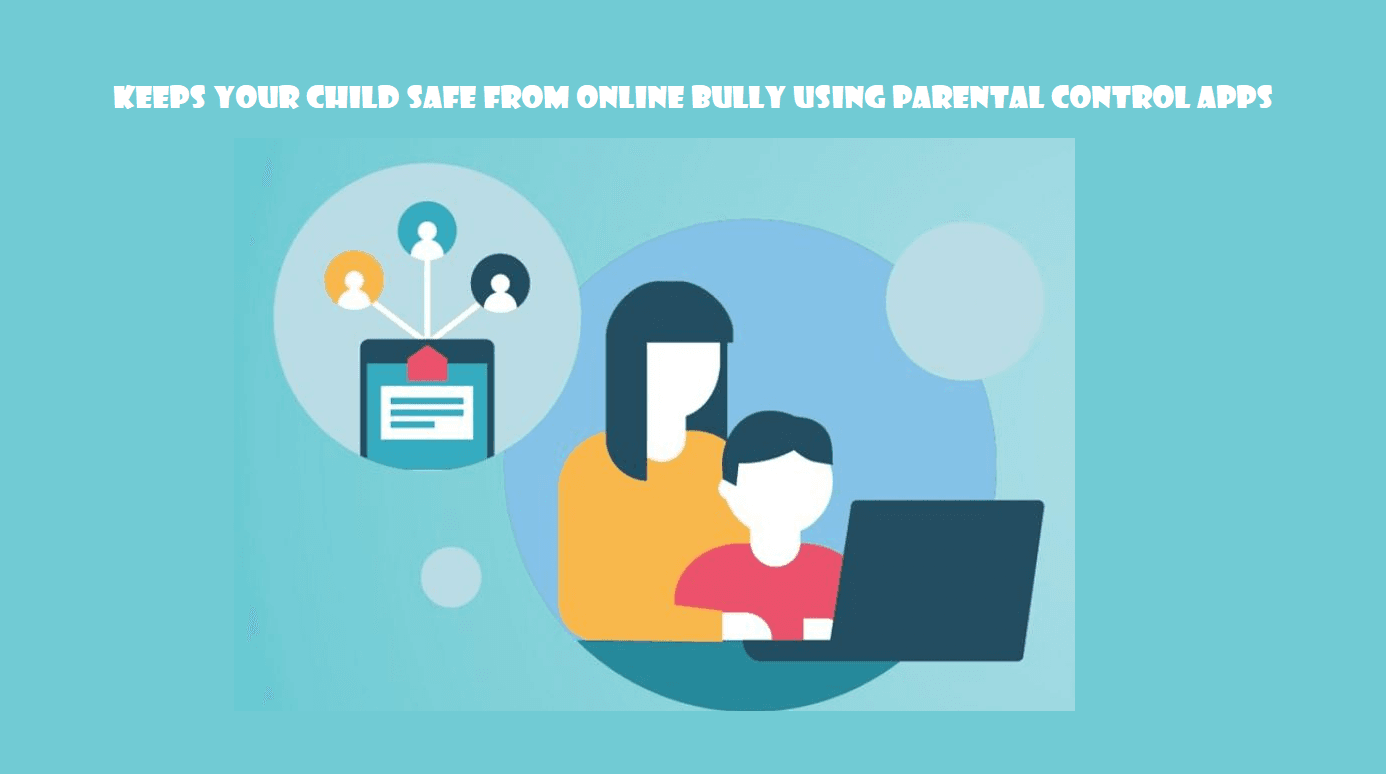8-year-old children now have smartphones and are using social media. These future generations are growing up with advanced technology in their hands and will have a very different digital future to what we know today.
However, as a parent this provides a whole new set of challenges.

In March 2022, Common Sense Media, a US based, non-profit research company, released the results of a survey. The survey shows the screen time use of children and teenagers in 2021 and the results see a sharp 17% increase in comparison to the previous 4 years.
Daily screen use for ages 8 to 12 is recorded as approximately 5 hours and 30 minutes with ages 13 to 18 recorded as 8 hours and 39 minutes.
Screen and social media use by 8-year-old children and upwards can be detrimental to their time spent on normal activities. Sleep, family time, outdoor play, reading, chores and other such activities conducive to a healthy childhood may be reduced.
An increase in social media use amongst children aged 8 to 12 is also concerning to parents. Users must be 13 to sign up to use platforms such as Instagram, Snapchat and Facebook. However, a third of children now have adult social media accounts according to a report this month by the BBC.
Child predators use social media platforms to target children and the NSPCC helpline saw a 45% increase in the first year of the pandemic. In 2020 Sky News reported that 94% of the 69 million US child sex abuse images are from Facebook.
86,832 UK related referrals were also reported by NCME (National Council on Measurement in Education) in 2021 who confirmed 52% came from Facebook and 11% from Instagram.
Facebook has now developed end-to-end encryption on messages between users whereby only the recipient, or the sender can read the messages sent. Meta, who owns the group, have said that encryption improves the privacy for its users, however, the rollout has caused concern due to the evidence of 8-year-old children using social media.
Children with adult accounts exposes those under 13 to graphic content and what they see may frighten or confuse them. Images of war, violence and adult content will be shockingly disconcerting.
Explicit content has even been an issue for Roblox, a gaming platform designed for young children. The site has an estimated 150 million users whereby children play whilst connecting with friends, and strangers.
Children may also see information encouraging development of distorted self-image or self-harm on social media. Filters and photo editing present a strange visual sense of the world, and of those in it.
Definite social complexities also exist which are intrinsic to social media. Remote online avenues are perfect for the cowardly bully. Social comparison, public ridicule, body shaming and “fear of missing out” (FOMO) can all decrease self-esteem and confidence.
An inquest into the death of 14-year-old Molly Russell in 2017 has seen social media directly blamed for the first time. Usually, there is only a correlation between the death of a child and social media, and this is a clear indication that the effects can be serious.
Do you Need Expert Advice?
Try and instil the understanding that people do not always post about their real lives. That people often leave out the bad days and only show the good. Explain that online profiles are not a true reflection of people and their actual personality, feelings, or lives. Many people even create fake profiles or post specific content to hide who they are.
Use screens with them. Share your thoughts, feelings and values of what you see together.
Ask who they are talking to. If it is people they do not know offline, ask how they met and what they talk about. Remind them to never meet anyone offline. Not everyone is who they say they are.
Explain that online bullying takes many forms and is always unacceptable. Children should always inform an adult if they witness or experience any.
Express the importance of never sharing private or personal information online. They should never give their number or personal information to a stranger on the street. Somebody they do not know online is no different. Change the privacy settings for their posts. It is easy to track someone on social media with the use of real time location information.
Install parental controls on all devices and software applications wherever possible.
Children naturally absorb information and are curious by nature. They seem to have a natural ability for modern technology which will be required for their skillset in the digital future. Our responsibility can only be to keep up with their knowledge and tech use, in order to protect them as best we can.
A really good resource and guide that all parents should read, was sent to us by one of our subscribers who found it helpful to her. She shared it with us so we could share it with you. How to keep kids safe on YouTube. Thanks Olivia!

UK State Pension update for EU residents
From April 2026, the rules around voluntary National Insurance contributions for people living outside the UK are changing.
If you live in the EU and expect to rely on the UK State Pension, it may be worth reviewing your position while current options remain available.
Get notified about new articles, latest changes and much more